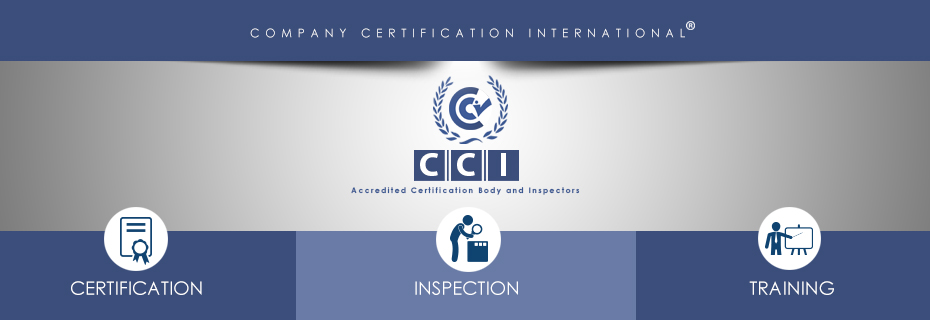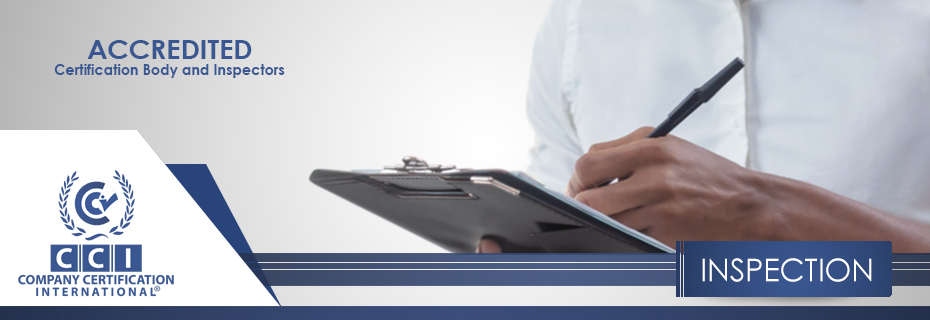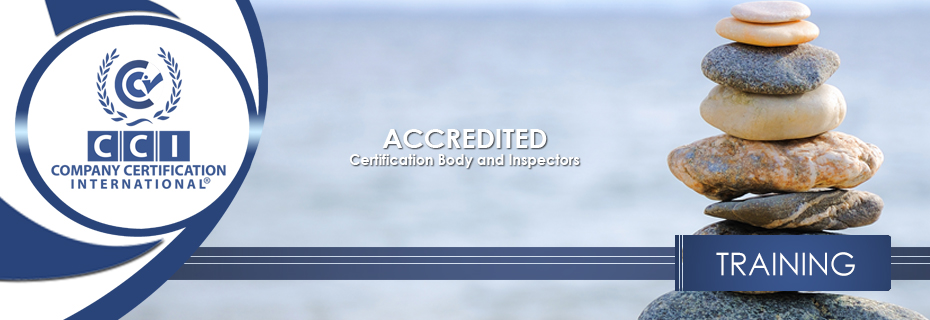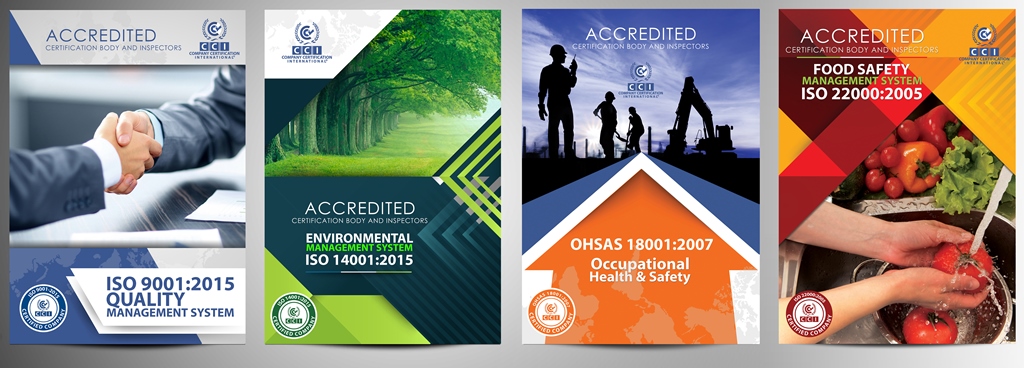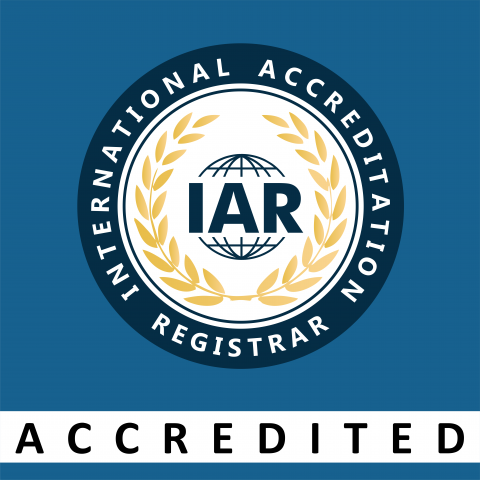Data Protection Policy
COMPANY CERTIFICATION INTERNATIONAL (CCI) needs to collect and use certain types of information about its clients, its staff, and third parties with whom it deals in order to operate. This includes current, past, and prospective employees, clients, and others with whom it communicates. In addition, it may occasionally be required by law to collect and use certain types of information of this kind to comply with the requirements of government departments for business data for example. The personal information must be dealt with properly however it is collected, recorded, and used, whether on paper, in computer software, or recorded on other material. We regard the lawful and correct treatment of personal information by CCI as very important to successful operations and to maintaining confidence between those with whom we deal and ourselves. We ensure that our organization treats personal information lawfully and correctly. Specifically, the Principles require that personal information:
- Shall be processed fairly and lawfully and, in particular, shall I not be processed unless specific conditions are met
- Shall be obtained only for one more specific and lawful purpose, and shall not be further processed in any manner incompatible with that purpose or other purpose
- Shall be adequate, relevant, and not excessive in relation to the purpose or purposes for which they processed.
- Shall be accurate and where necessary, kept up to date.
- Shall not keep longer than is necessary for that purpose or purposes.
- Shall be processed in accordance with the right of the data subject under the legislation.
- Appropriate technical and organizational measures shall be taken against the unauthorized or unlawful processing of personal data and against accidental loss or destruction of, or damage to, personal data; Therefore CCI will through appropriate management, strict application of criteria and control.
- Observe full conditions regarding the fair collection and use of information.
- Meet the legal obligation to specify the purpose for which information is used
- Collect and process appropriate information, and only to the extent that it is needed to fulfill the operational needs or comply with any legal requirements
- Ensure the quality of the information used
- Apply strict checks to determine the length of the time information held
- Ensures that the right of people about whom information is held, are able fully to exercise under the legislation (these includes: the right to be informed that processing is being undertaken, the right of access to one's personal information, the right to prevent processing in certain circumstances and right to correct rectify; block or erase information which is regarded as wrong information
- Take appropriate technical and organizational security measures to safeguard personal information
- Ensure the personal information is not transferred abroad without a suitable safeguard.
The Certification Process
Online gap analysis allows us to see the current
- quality benchmark within your organization,
- the finances required
- the time required for this project (System and Certification Fee)
Your Estimate will be shared with you in 24 hours.
Upon Estimate Approval the project starts:
- A client executive is assigned to your project
- Contact information is shared with you
- The Payment details are provided to you
All Support is delivered Online.
The Client Executive will provide the Documentation Templates and explain to you how to amend it.
You will be required to perform the following tasks:
- Identify your core or business processes.
- Amend documentation that meets your business needs. (Policy statements, objectives, manuals, work instructions, job descriptions, forms.)
- Encourage employees to be aware of the new documented system
- Review, approve, and distribute the documents to those who need access to the information.
- Ensure procedures are being performed as documented.
- Ensure employees are trained properly for the tasks they are performing.
- Create effective reporting systems.
- Monitor the effectiveness of your processes through the use of measurable data, where possible.
- Review and take action to improve in the areas required.
- Plan internal auditing activities.
- Submit your management system documentation for review to ensure it complies with the applicable standard.
- Prepare for review by an external auditor to confirm that the system’s requirements are being satisfied and that the management system is implemented effectively.
- Obtain ISO Certifcaiton
- This periodic on-site review is usually conducted annually.
- It ensures that the certified business continues to comply with Standard requirements, as confirmed during the Recertification Audit at the certification cycle's outset.
- Most are conducted remotely.
Refer to learn more about Types of Audits

